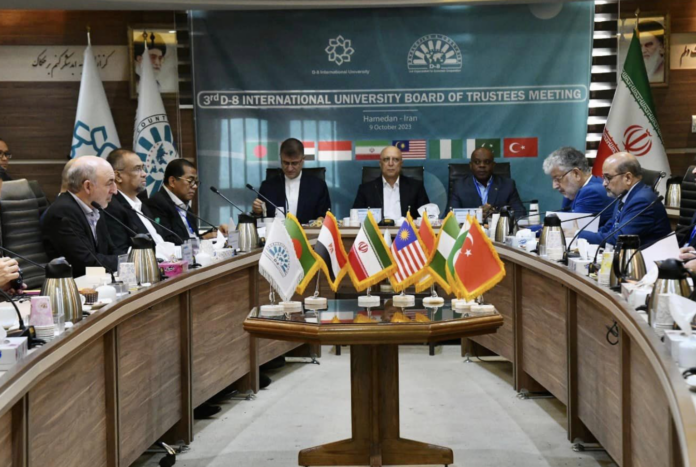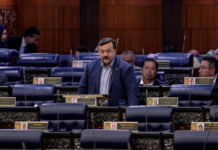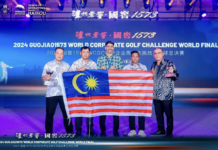KUALA LUMPUR, Oct 11 — A total of 19 memoranda of understanding (MoU) and three memoranda of cooperation (MoC) were inked in conjunction with the recent five-day working visit of Minister of Higher Education Datuk Seri Mohamed Khaled Nordin to Turkiye and Iran.
The working visit was to further strengthen bilateral ties in the field of higher education and explore the prospect of specific collaboration in aspects of research, exchange of experts and short-term student mobility programmes of both countries.
He said the signing of the MoUs clearly proved that the quality of the country’s institutions of higher learning (IPTAs) is gaining the recognition of other countries.
“May this outstanding achievement become the catalyst for our efforts to dignify the country’s higher education sector on the global stage,” he said.
In his working visit to Turkiye on Oct 5-6, three MoUs were inked between Istanbul Gelisim University (IGU) and three Malaysian public universities, namely Universiti Sains Malaysia (USM), Universiti Teknologi Malaysia (UTM) and Universiti Malaya (UM).
The main focus of the MoU was for the implementation of the offshore programme between USM and IGU, as well as several things were agreed upon, including student and staff exchange, research collaboration, developing research projects, doing joint publications and increasing the involvement of multinational companies from Turkiye.
Meanwhile, the working visit to Iran on Oct 7-9 saw 16 MoUs and three MoCs signed with four universities in Iran, which is a country famous for science and technology.
Five MoUs and two MoCs were signed with the University of Isfahan; five MoUs and one MoC with Islamic Azad University; five MoUs with D-8 International University (D8IU); and one MoU with Art University of Isfahan.
Among the forms of collaboration agreed upon were in the fields of agriculture, science and technology, student exchange, research in engineering, organising joint workshops and training programmes as well as expanding dual degree courses that can elevate students’ productivity and marketability.
According to the statement, the close relationship that has been forged could be capitalised by adapting the innovations developed to contribute to the development and progress of the country.
Throughout the working visit, Mohamed Khaled also gave a public lecture stressing the importance of strengthening cooperation, which can help address issues like food security, education, skills and climate change.
In addition, he also attended the D8IU Stakeholders Board Meeting in Hamedan, Iran which was held physically and virtually, involving representatives from six countries, namely Malaysia, Iran, Pakistan, Bangladesh, Indonesia and Nigeria.
At the meeting, he proposed that D8IU no longer be a conventional university but should, instead, have a niche area such as in the fields of science and technology.
“Also proposed that a concept paper on water for humanity be developed by researchers among the member countries. D-8 must highlight its visibility through the role it plays, which can then attract the interest of more countries to become members.
“It is hoped that the meeting will be a meaningful chapter in efforts to dignify Malaysia as a country that is highly regarded on the world stage,” he said.
At the same time, he also paid a courtesy call to Iran’s Minister of Science, Research and Technology, Mohamad Ali Zolfigol in Hamedan, Iran to discuss efforts to strengthen ties between both countries through the higher education sector.
“I hope these initiatives can be translated with a high level of efforts and commitment, which can boost Malaysia’s image as a country that is loaded with contributions to the well-being of society at the global level,” he said.
















